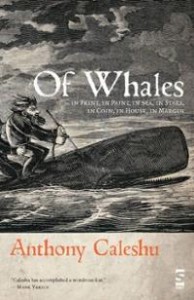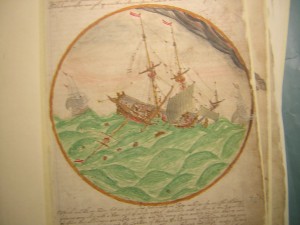The best literature is always a take [in the musical sense]; there is an implicit risk in its execution, a margin of danger that is the pleasure of the flight, of the love, carrying with it a tangible loss but also a total engagement that, on another level, lends the theater its unparalleled imperfection faced with the perfection of film.
I don’t want to write anything but takes.
Those lines from the great Julio Cortazar have been swirling about in my mind since reading some fine meditations on writing by Jeffrey Cohen and larvalsubjects. Still swirling as I gear up for my own summer writing — metis, poetry, swimming, air, brown ecologies…
Cortazar gives us the abandon, risk, and play that fuel the manic act of writing. Listen to his words — danger, pleasure, risk, love, flight, imperfection. The joys of not knowing exactly where you’ll end up.
I think I need to re-read Cronopios and Famas.






